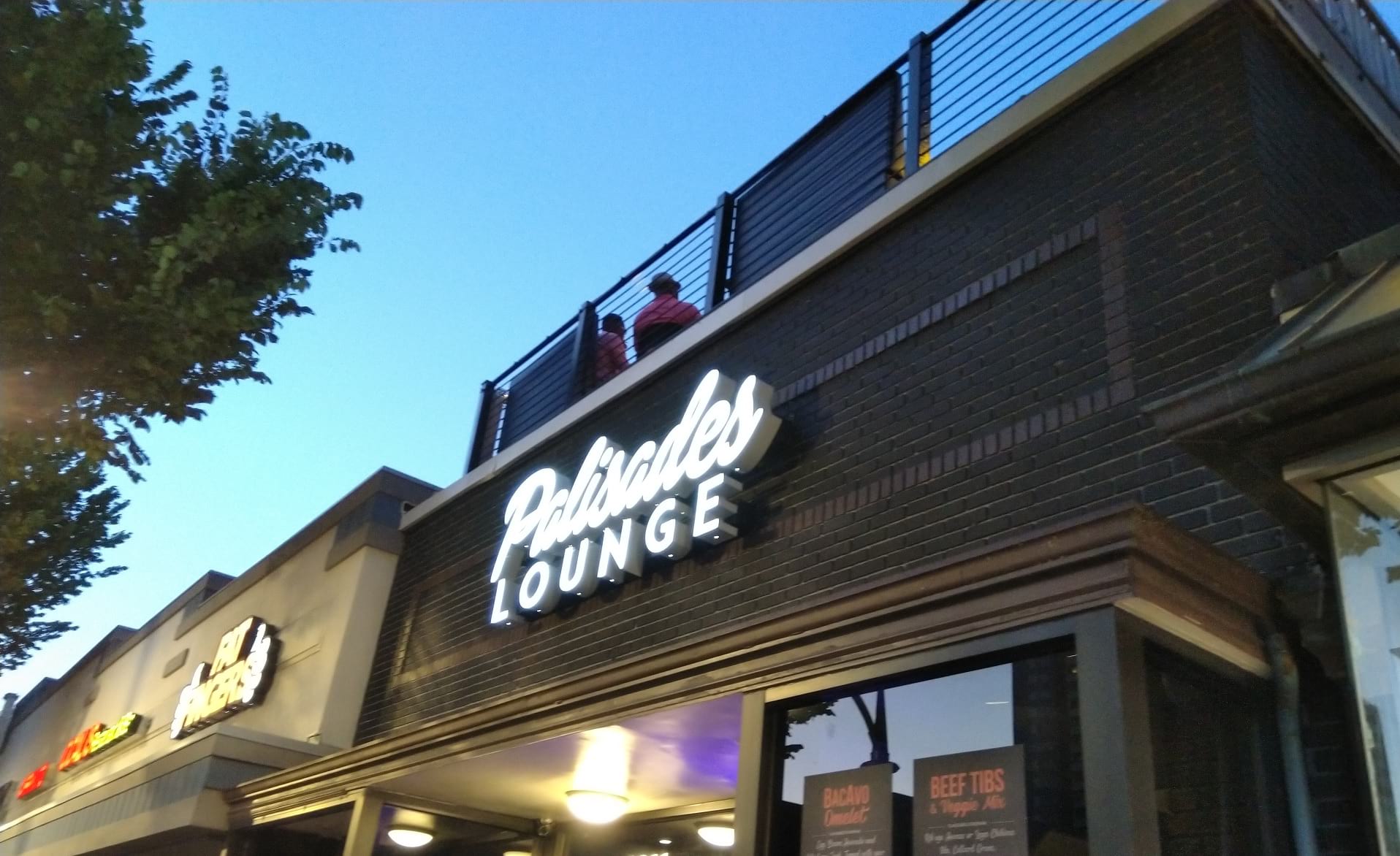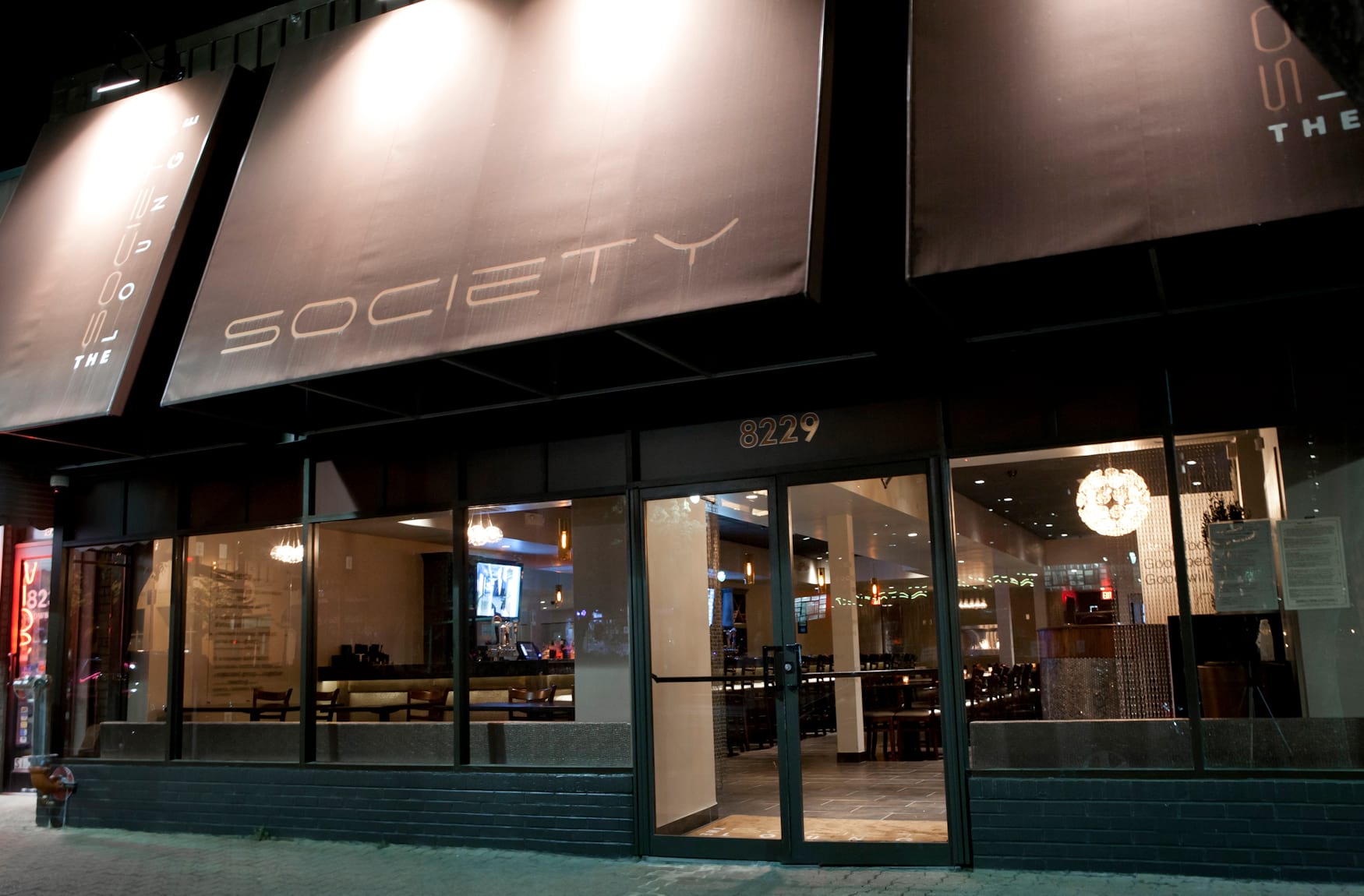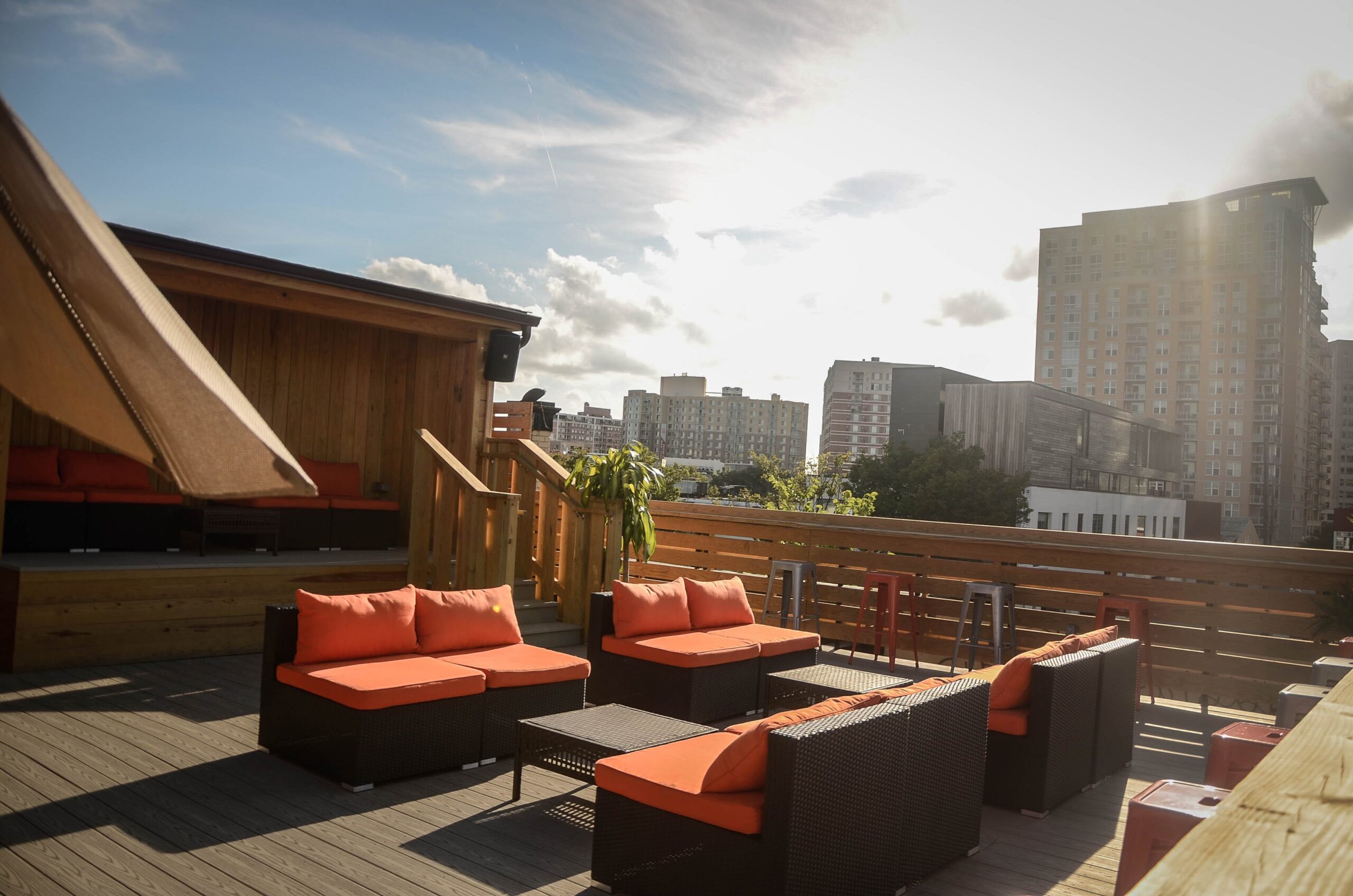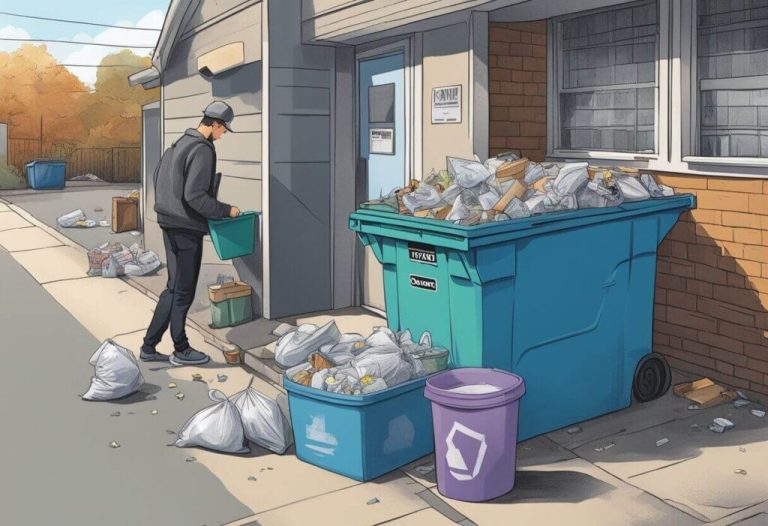Just a week before he was told to cease operations, Abi Ayele, owner of the Palisades Lounge, was congratulated by Montgomery County Police officers on a job well done for how he handled COVID-19 related health guidelines at his restaurant. He thought he was doing all the right things to comply with the County Government’s newly enacted Phase 2 Executive Order for reopening businesses.
By July 3rd, Montgomery County’s Health Department forced Palisades Lounge to cease operations. According to Ayele, that’s where the inconsistencies from the County Government began.
Three businesses have now been placed under a negative spotlight, receiving backlash from the public-at-large and media outlets. It started when the Montgomery County Government released statements condemning them as the first group of businesses forced to close for violating Executive Order 082-20.
Palisades Lounge, Society Restaurant and Lounge, and The Republic Garden share more in common than the perception as businesses that disobeyed the County Government’s COVID-19 guidelines, they’re also Black-owned.
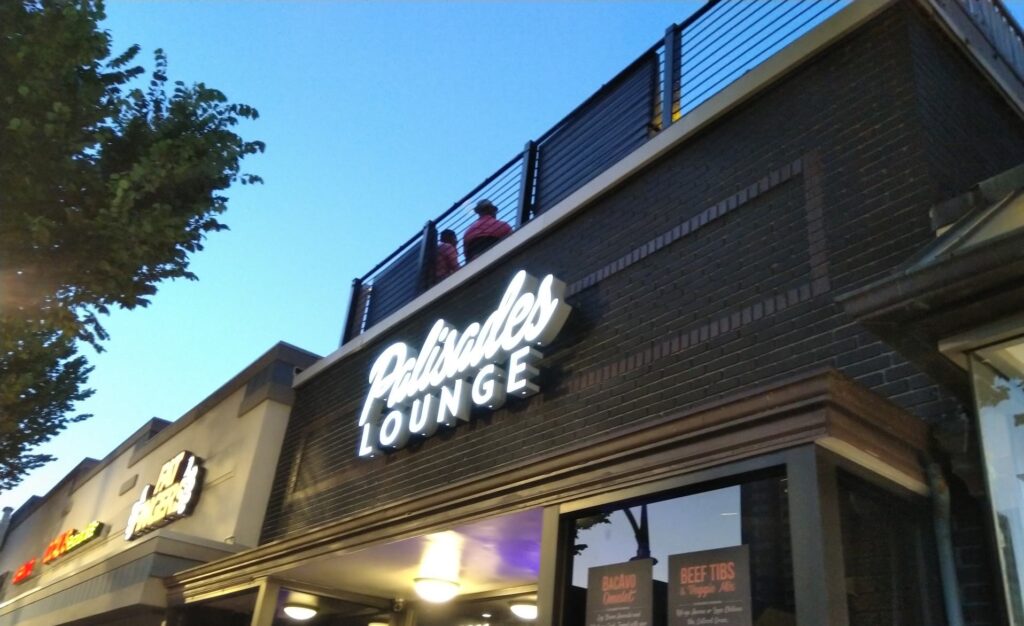
Montgomery County inspectors have visited more than 2,000 businesses with the help of the County Health and Liquor Departments. Suspending operations is one of the most extreme penalties the County Government can inflict upon a business. The County Government can also pull the licenses of businesses and force them to permanently close (a step that can include months in court).
Since the coronavirus has forced the County into a state of emergency, the Phase 2 Executive Order, enacted by County Executive Marc Elrich, gives inspectors a new set of COVID-related guidelines to enforce. But the Black-owned businesses are saying the strict enforcement is being applied unfairly and raises the concern of inequality.
With Maryland Governor Larry Hogan asking Counties to “step up their game” and use increased enforcement against businesses that “don’t comply”, it may be time to take a pause and see if County inspections are really what the press releases make them out to be.
Feeling Singled-Out
“No one wanted to hear our side of the story.” said Ayele.
During their initial inspection and without warning, Palisades Lounge received two $500 fines from the County Government on July 2nd. According to the Health and Human Services Department, the violations were related to lack of masks being worn by some employees. The second fine was for allowing customers to smoke hookah.
The next day, on July 3rd, the County inspectors — once again — showed up at Palisades Lounge but this time to close the business.
“The way they came, it was like they were ready to close it!” said Ayele.
Unrelated to the first two citations the day before, Palisades July 3rd visit also included — a third — $500 fine. County inspectors cited overcapacity at the restaurant and not being in line with social distancing rules. Palisades was the first business to be closed by the County Government since initiating its Phase 2 reopening plan.
Outright Violation Goes Unnoticed
Up I-270, in the Flower Hill area of Gaithersburg, The Grille at Flower Hill restaurant received several complaints from customers about employees not wearing facemasks and a very vocal owner declared an outright refusal to have his employees wear them.
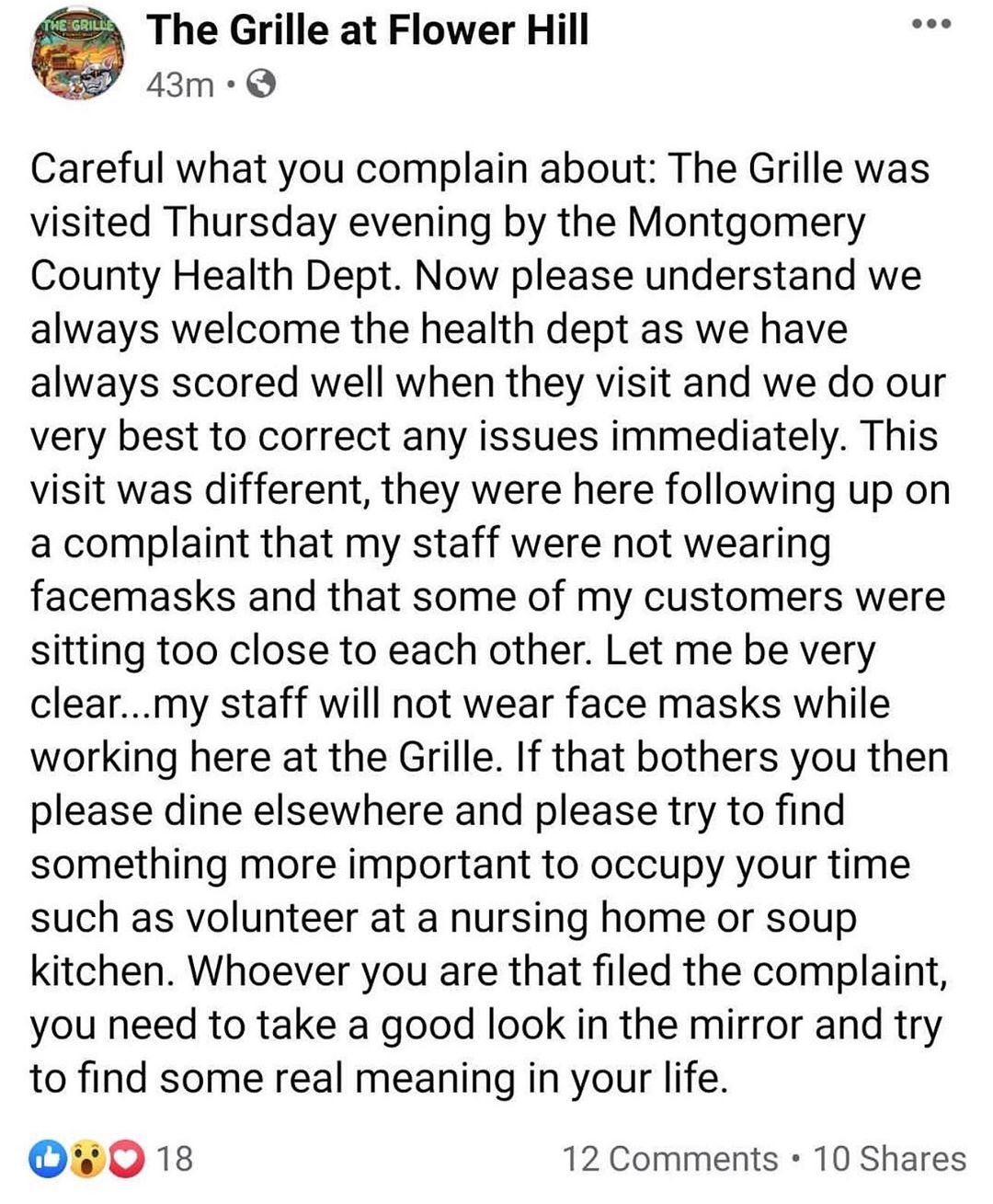
The owner of The Grille at Flower Hill took to social media to post what’s become a highly publicized message defying County Government regulations.
“Let me be very clear… my staff will not wear face masks while working here at the Grille. If that bothers you then please dine elsewhere and please try to find something more important to occupy your time such as volunteer at a nursing home or soup kitchen. Whoever you are that filed the complaint, you need to take a good look in the mirror and try to find some real meaning in your life.” stated The Grille at Flower Hill on Facebook.
The Grille at Flower Hill was visited by the county but received no citations, fines and was never forced to cease operations. According to a County Government press release the business only received a “verbal reminder about mask requirements.” The County once again received complaints from the public over the weekend about The Grille but would only make a visit the following Thursday. By the time the day came for re-inspection the owner had closed the business indefinitely.
Other businesses cited by the County include The Block in North Bethesda and Ay! Jalisco in Gaithersburg, but the restaurants that the County Government said violated social distancing rules both received a warning and a $500 fine respectively. Neither of the businesses were forced to close.
Ayele said the executive order was confusing and wished that he received more help from the County Government. Or at least received a verbal warning like The Grille, so that he could get help to decipher the guidelines specific to his business which includes an outdoor rooftop lounge.
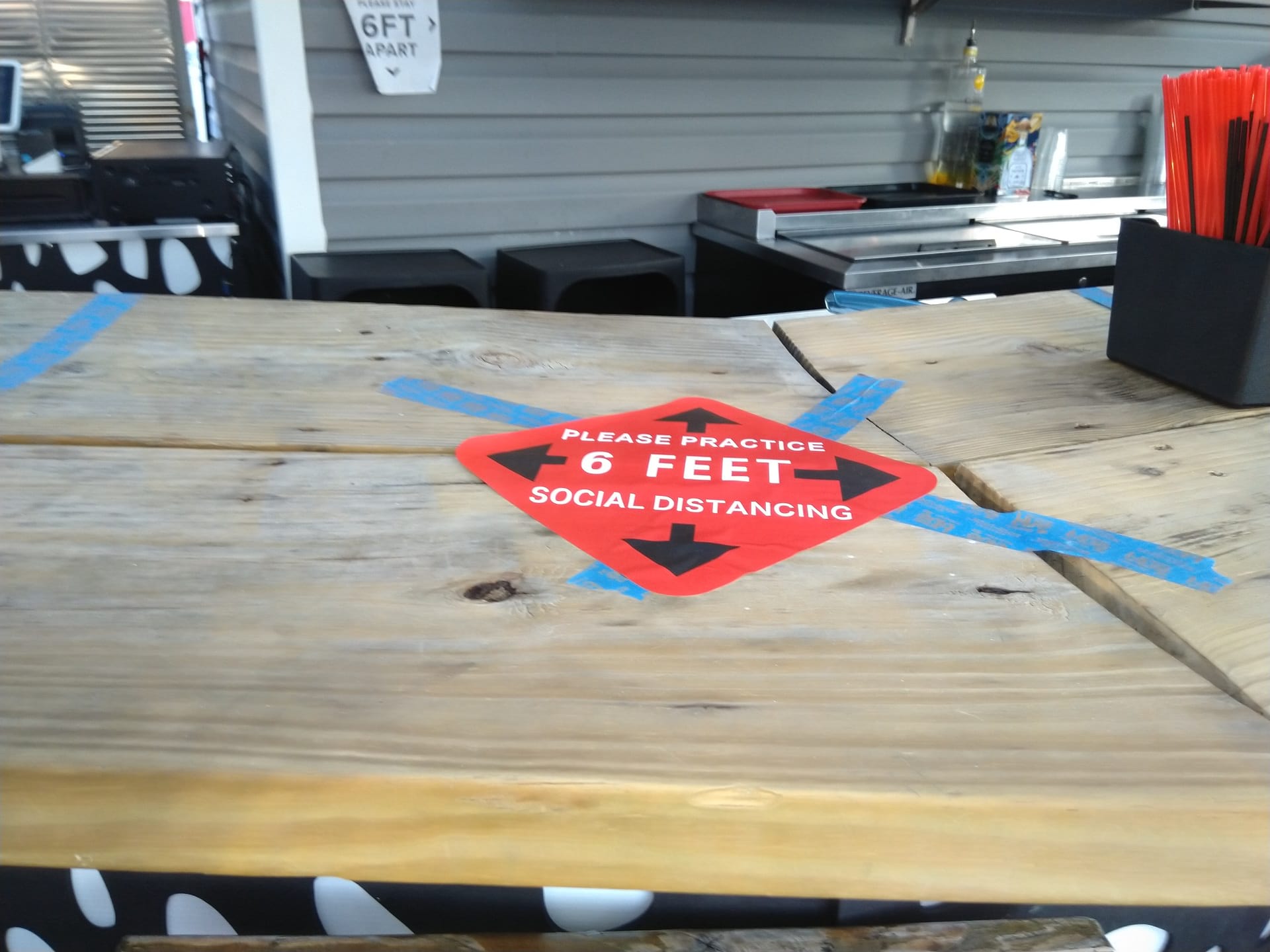
“One time an inspector told me, next time if I have six people, check their IDs and see if they’re from the same home” stated Ayele. A look at the executive order shows paragraph 4b states Indoor/Outdoor spaces are “limited to 1 person or household per 200 sq. ft. or a maximum of 50 people, whichever is lower.”
A misinterpretation by an inspector could cost a business customers and create negative reviews, especially if other businesses are not following the same protocols. Such a requirement raises several questions such as how the business would identify a solution if the customers are from different households but related. What if the customers are all friends that drove to the location together? And does the business tell the customers to leave if they’re not related and from different households?
Society Restaurant and Lounge
A Similar story was told by Jason Miskiri, owner of Society Restaurant and Lounge.
Miskiri said he never received a warning from County inspectors but was immediately told to cease operations the first time they dropped by his restaurant on Sunday, July 12.
The longest running of the three Black-owned businesses, Society has been opened since 2012. The restaurant opened to much fanfare and can be credited in-part with attracting a new and upscale nightlife scene to downtown Silver Spring. The business later added an outdoor rooftop lounge area called Olivia’s View. It’s been visited by patrons from all over the area including Montgomery County Councilmembers.
But Miskiri said the County Government’s closure has scarred his business “We’ve been discredited, it’s almost like we’re not open.”
The businesses were forced to cease operations by the County Government until they could prove how they were going to meet the COVID-19 guidelines but even afterwards, many people still think their businesses are closed for good.
Miskiri said “We’re not arguing who’s right or wrong, it’s about how [the County Government] is punishing individual businesses, it’s almost like the County wanted to make an example out of us. Just like Black Lives Matter, Black Businesses Matter too.”
Society has more than 60 employees but during the days the restaurant was closed by the County Government, Society lost several thousand dollars and now has to put hiring on hold. “My sales have dropped completely” noted Miskiri. “We’re here to work with Montgomery County [Government], to make sure we keep our community and employees safe.”
One of the hardest things Society and the other Black-owned businesses have had to endure is the damage to their reputation, as well as the negative press they’ve received as a result of the County Government’s actions. By the time Society reopened on Wednesday the drop-off in patronage was apparent “We might as well have been closed that day” said Miskiri.
The Republic Garden
Chris Nwaeze operates The Republic Garden restaurant, an idea from his wife Grace. They run the business together and have been personally affected by the coronavirus pandemic. One of Nwaeze’s employees contracted the virus and passed away in March, so he takes the pandemic very seriously.
“Our doorman was lost to us right after [county businesses] closed on March 17 so we know the pandemic is a serious thing. Because of that we opened up with a sense of urgency to make sure we protect our staff and customers because of what we’ve been through with the loss of one of our own. ”
The Republic Garden was also closed by the County Government on Sunday, July 12. Nwaeze said the County Government told them to cease operations due to the number of people gathered in the outdoor patio area located in the rear of the building. Patrons gravitate towards outdoor areas not only to enjoy the summer weather but also because of the preconceived notion that being outside reduces the chances of contracting the virus.
Nwaeze said his employees and customers were wearing masks during the night his business was closed by the County inspectors.
“They [The County Government] never cited us for masks, they never complained about masks… we even issued free masks at the door if you didn’t have one. Instead of turning [customers away] we issued them free masks.”
Nwaeze said he received zero warning from the County. Nwaeze further explained the day the County inspectors showed up was the first and last visitation before his business was forced to cease operations.
“We received zero warning, I heard that there were [County] ambassadors going around to speak to people, we’ve never spoken to an ambassador, we just tried to figure out the Governor’s guidelines on our own.”
The Republic Garden was hard hit by the County closure and has affected Nwaeze deeply. For the five days the Republic Garden was closed, Nwaeze said he lost monetary value much greater than the $500 fine the County imposed on other businesses that received warnings instead of being closed.
“It was painful, knowing what we have been through for the past three to four months and knowing that we’ve really been doing a lot to stop the spread in our environment, having to go through that was painful.”
Nwaeze decided to make his Instagram account private due to the negative reporting from media outlets and the backlash from the public.
County’s Rules
When the County Government was queried about the steps that take place leading to a closure, County Media Rep, Mary Anderson stated the following about inspections on businesses:
“If we get a complaint, we’ll go out and give you a warning, we’re going to give you the benefit of the doubt… so if the business didn’t get the guidelines or didn’t understand them we’re going to remind you.. [For example] ‘These are the guidelines, these are the restrictions, this is what [a business] must do.’ If we come out a second time and we know we’ve given you that warning, we can give you a $500 civil citation, if we come back a third time we can suspend your license. And if you continue to have violations we will work with the states attorney’s office to have a [businesses] license pulled but we have not done that at this point.” Anderson continued “We certainly don’t want to do that and we’ve had more than 90 percent of the businesses comply”
County ‘Business Ambassadors’
Another point of contention with Ayele was the lack of visibility from the County “Business Ambassadors”, part of a program initiated by County Executive Marc Elrich. The County “Business Ambassadors” are supposed to act as liaisons and help businesses transition to the reopening phase during the COVID-19 pandemic.
Ayele said he only saw an “Ambassador” once and the most he got out of them was a flyer. The other two Black business owners said an “Ambassador” never showed up to their businesses.
Regaining Compliance with the County
The County Government called for a written plan detailing how requirements set forth in Executive Order 082-20 will be met by the businesses. The documentation had to be submitted to, and approved by, the Montgomery County Department of Health and Human Services Supervisor before they could reopen.
The businesses submitted floor plans and other documents. Society installed a policy using wristbands to identify who should be at the lower level and on the rooftop. If the right wristband isn’t shown, security has to deny them access.
All the businesses conducted temperature checks (via infrared forehead thermometers) on employees and customers before they entered their restaurants. According to Ayele, the process was in place before the County told his business to cease operations.
With only one correction to be made, Miskiri said he responded quickly to the County Government ‘s request on the Sunday that he was told to close but the County Government response wasn’t fast enough and he was only allowed to reopen the following Wednesday. He says by then news had already spread and people thought his business had its license revoked as well as no longer being allowed to operate.
Getting County Government Support
The businesses hope going forward they can receive help and support from the County Government.
“If they have a problem with how we’re doing business the County should come and teach us first, the laws weren’t here last year, it wasn’t here the month before, they’re very new.” Ayele stated.
The Black-owned businesses are not sure the County Government understands the type of businesses they’re running and that they’re in high demand by the demographic that comes through their doors.
“Silver Spring includes Ethiopians, West Africans, Hispanics, African Americans, Caribbeans, they’re here, it’s very diverse and they need a place to go too,” stated Miskiri.
Indeed the County Government has been trying to spur a nightlife since 2013 when it issued a report from a Nightlife Task Force. The goal included attracting and retaining young professionals.
The business owners also hope that now that they’ve complied with the County Government’s demands, they will put a positive spotlight on their businesses to combat the inundation of negative feedback they’ve received from the public and media outlets.
“It’s uncomfortable feeling like the County is out to get us. We need to know that they want us to succeed, they want us to thrive,” said Miskiri.
